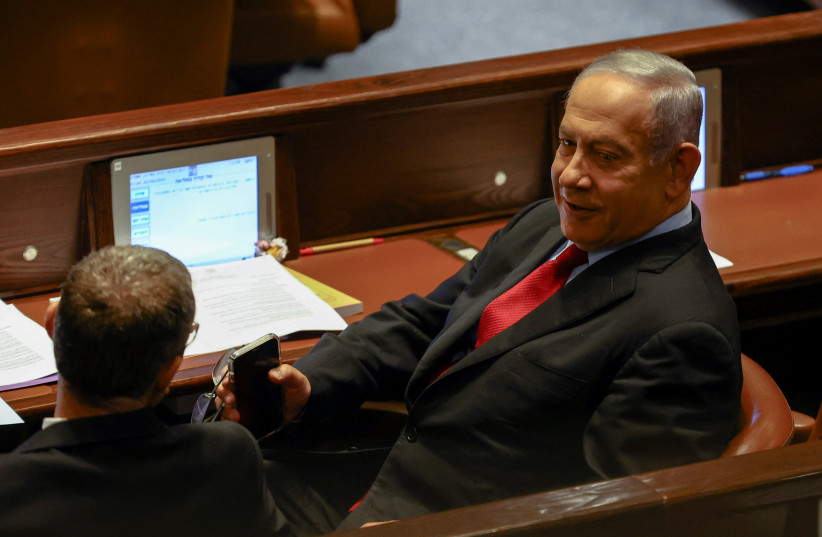The decision by outgoing Prime Minister Naftali Bennett and Alternate Prime Minister Yair Lapid to disperse the Knesset and head back to the ballot box, for the fifth time in less than four years, has far-reaching economic implications.
Any economy requires stability, and that is something that the ongoing cycles of elections do not provide. Although the outgoing government managed to pass a state budget after two-and-a-half years the elections put the continuity of the budget in doubt beyond the end of 2022 and make it harder to implement in the meantime.
Israel, like the rest of the world, is coming out of a period in which the economy took a severe beating as a result of the novel corona pandemic. In addition, the economic impact of the Russian invasion of Ukraine is being felt globally with rising food and fuel prices.
Israel is in a relatively good position and has managed to weather both storms relatively well, with the economy bouncing back from the COVID lockdowns and its own supplies of natural gas, but it is not immune to the problems – and another round of elections does not help.
As a Reuters report noted this week, inflation stands at 4.1%, which is lower than most Western countries, but is an 11-year high for Israel. The Bank of Israel has begun to raise interest rates after years in which they remained unchanged.

A string of strikes and protests broke out in the last few weeks. Bus drivers and teachers have been striking over pay and conditions, causing havoc for working parents at the end of the school year. In addition, the last month has seen the return of “tent protests” whose residents are complaining about the cost of housing, which is beyond the means of most young couples, and the rising cost-of-living.
What will happen when elections are announced?
The announcement of another round of elections is likely to lead to two contradictory trends. On the one hand, planned reforms pending final parliamentary approval, are likely to be frozen at least until 2023. These include public sector wage agreement reforms and an initiative to raise the minimum wage, as well as transport and infrastructure reforms, construction starts and lifting certain import restrictions on food and agricultural products.
On the other hand, Israel could see the start of another round of “election economics” of populist promises to potential voters in various sectors, with both the Left and Right blocs struggling to gain the support of smaller-party voters. Attorney-General Galia Baharav-Miara is on the lookout for anything that crosses the line into potential election bribery on the one side, or possible borderline blackmail on the other – and to make sure that decisions are not taken by the current government to give it an advantage in the ballot box or that could tie the hands of future governments. Almost any promise by a current minister will need to be viewed with this in mind.
Finance Minister Avigdor Liberman has boasted recently that the budget deficit has been reduced to zero, although this could indicate that money is not being spent where it could and should be. The national economy is a balancing act.
There are definite challenges that need to be addressed and this requires funding. The parties would do well to draw up clear platforms delineating what their socio-economic priorities and aims are and how they intend to finance them.
The next government, no matter who heads it, must stick to clear plans without giving in to unreasonable or unaffordable demands of smaller parties for the sake of creating and maintaining a coalition.
It is hard for ministers to draw up and implement successful reforms if they are only guaranteed a few months in their posts. There will be a natural tendency to aim for as many “ribbon-cutting” events as possible, which means short-term projects. This, too, is not healthy.
Although the Israeli economy has proven to be resilient despite global challenges and domestic political difficulties, care needs to be taken to ensure that it is not seriously harmed by this rounds of elections.
Above all, the country needs to get out of the cycle of constant elections. Not only are elections a huge expense, but they damage long-term planning and stability.
